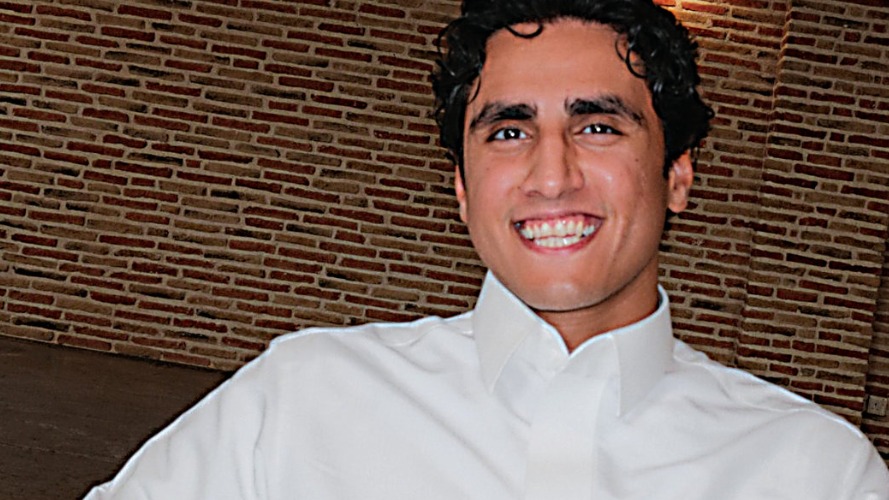Saudi fintech Stream, founded in 2024 by Ibrahim Aldlaigan, raised $4 million in seed funding led by Outliers VC with participation from BYLD Ventures and Careem co-founder Abdullah Elyas, to expand its automated billing and payments platform across the MENA region.
Saudi fintech startup Stream has raised US$4 million in seed funding to expand its digital billing and payments platform across the MENA region.
The round was led by Outliers VC, with participation from BYLD Ventures and angel investors including Abdullah Elyas, co-founder of Careem.
Founded in 2024 by Ibrahim Aldlaigan, Stream automates billing and payments for businesses, covering invoicing, scheduling, payment collection through local rails, cash-flow visibility, reconciliation, and record-keeping.
The new capital will be used for product development, compliance, and user experience, and to expand the company’s infrastructure to support a growing customer base.
Stream began by serving early childhood education providers and has since expanded into school networks, SaaS, and other business segments. The company reports around 40% month-on-month growth, processing millions of dollars in payments for thousands of customers.
According to the Saudi Central Bank (SAMA) “Payments Usage Study 2023,” the total value of payment transactions in Saudi Arabia reached approximately US$4.8 trillion in 2023, with about 70% of retail transactions conducted digitally. Only around 7% of consumer transactions are recurring, such as tuition, rent, or subscriptions, a segment Stream targets.
Outliers VC General Partner Sarah AlSaleh said Stream’s understanding of local business operations and execution speed position it to build foundational payment infrastructure in the region. BYLD Ventures founder Youcef Oudjidane noted the company’s rapid development and focus on technical capability.
Stream plans to continue expanding its presence in Saudi Arabia and other MENA markets as demand for automated payment systems increases.






